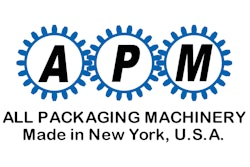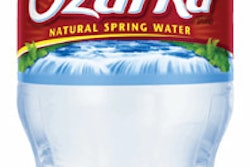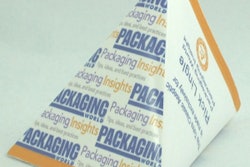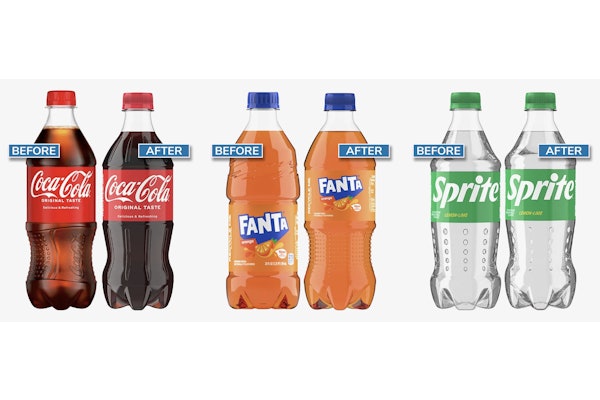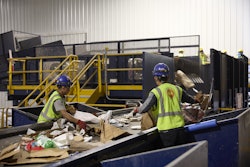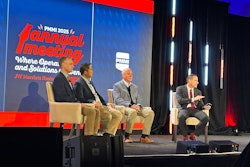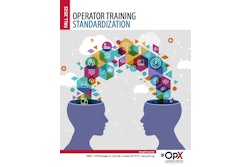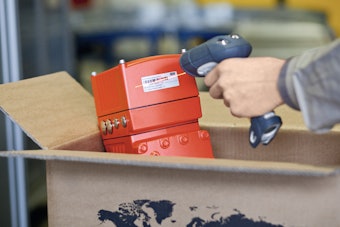
www.filterforgood.com
• Making bottles to meet America’s demand for bottled water uses more than 1.5 million barrels of oil annually, enough to fuel 100,000 cars for a year. And that’s not even including the oil used for transportation.
• The energy we waste using bottled water would be enough to power 190,000 homes.
• Last year, the average American used 167 disposable water bottles, but only recycled 38.
• Americans used about 50 billion plastic water bottles last year. However, the U.S.’s recycling rate for plastic is only 23 percent, which means 38 billion water bottles—more than $1 billion worth of plastic—are wasted each year.
• The energy we waste using bottled water would be enough to power 190,000 homes.
• Last year, the average American used 167 disposable water bottles, but only recycled 38.
• Americans used about 50 billion plastic water bottles last year. However, the U.S.’s recycling rate for plastic is only 23 percent, which means 38 billion water bottles—more than $1 billion worth of plastic—are wasted each year.
The bottled water issue appears to be global in scope. A report from Icwales.icnetwork.co.uk explains that environmentalists in Wales are telling Welsh consumers to stop drinking bottled water. Now the world’s fastest-growing beverage, bottled water should be dumped in favor of tap water, Welsh environmentalists say. Not only would plastic in landfills decrease, so would the energy used to ferry water from near and far, lessening the carbon footprint.
Companies in this article
Videos from All Packaging Machinery Corp.





